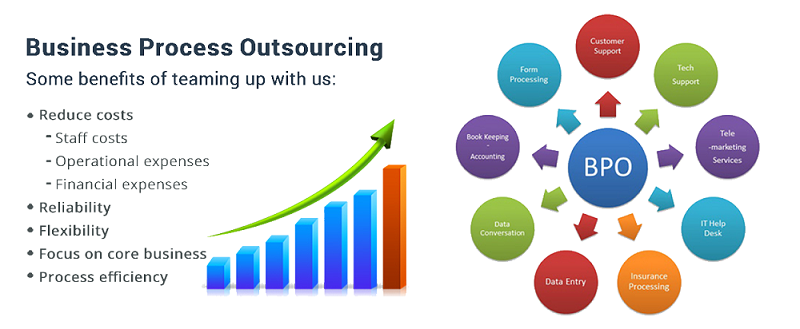Tracing the Exponential Growth of Business Process Outsourcing Services Revenue

The revenue generated within the BPO market is a direct measure of its economic impact and the value that businesses worldwide place on its services. The impressive financial outlook for the industry, with forecasts indicating that Business Process Outsourcing Services revenue will contribute to a market size of USD 603.4 billion by 2032, is a testament to its integral role in modern business strategy. This growth, sustained by a 9.6% CAGR, is fueled by a diverse array of revenue streams that have evolved from simple labor-based contracts to sophisticated, technology-driven, and value-based pricing models. The continuous expansion of revenue reflects the industry's successful transformation from a tactical cost center to a strategic partner that actively contributes to its clients' top-line growth and bottom-line profitability, ensuring a consistent and growing stream of global investment.
The primary revenue streams for BPO providers have become increasingly diversified. While the traditional full-time equivalent (FTE) or headcount-based pricing model still exists, particularly for voice-based services, there has been a significant shift towards more sophisticated models. Transaction-based pricing, where the client pays per unit of work (e.g., per invoice processed or per claim adjudicated), is common for standardized processes. More strategically, outcome-based or value-based pricing models are gaining traction. In these arrangements, the provider's revenue is directly linked to the business results they deliver, such as the percentage of revenue they help collect or the level of customer satisfaction they achieve. This aligns the provider's incentives with the client's goals and allows providers to capture a greater share of the value they create.
The major industry verticals are the engines of revenue generation for the BPO market. The BFSI sector is a perennial leader, generating massive revenues from outsourcing complex processes like risk management, compliance, and claims processing. The healthcare industry is another powerhouse, with significant spending on medical coding, billing, and patient data management services. The retail and e-commerce sector contributes substantial revenue through the outsourcing of supply chain logistics, inventory management, and omnichannel customer support. Furthermore, the technology sector's reliance on BPO for technical support, software testing, and customer success management makes it a key revenue driver, highlighting the broad-based demand that underpins the industry's financial health.
Looking to the future, new revenue streams are emerging that will further fuel the industry's growth. The rise of Business Process as a Service (BPaaS) is creating a new category of recurring revenue based on cloud software subscriptions, which often carry higher margins than traditional service models. The increasing demand for data analytics and insights-as-a-service is another high-growth area, as clients are willing to pay a premium for actionable intelligence derived from their operational data. As BPO providers continue to innovate and bundle these higher-value services with their core offerings, they will unlock new revenue opportunities and ensure the industry's financial trajectory remains on a strong upward path.
Explore Our Latest Trending Reports:
- Art
- Causes
- Crafts
- Dance
- Drinks
- Film
- Fitness
- Food
- Games
- Gardening
- Health
- Home
- Literature
- Music
- Networking
- Other
- Party
- Religion
- Shopping
- Sports
- Theater
- Wellness


